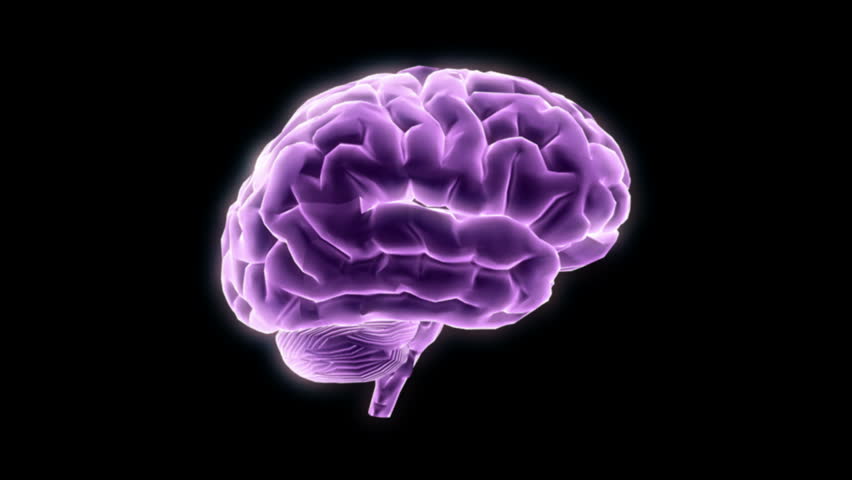At the Department of Energy’s Argonne National Laboratory, researchers unveiled a potential route for reducing the formation of peptides into plaques known to cause neurodegenerative diseases.
When β‐amyloid (Aβ) peptide builds up in the brain, past studies have shown such accumulation to be a hallmark indicator of Alzheimer’s disease, which usually leads to neuronal damage.
In the new study, released online in Advanced Functional Materials, researchers set out to identify ways of inhibiting peptide formation that results in plaque build-up in the brain.
Using a nano-sized device, the study aimed to capture the peptides before self-assembling as a way of inhibiting plaque formation. “The idea is that, eventually, a slurry of our nanodevices could collect the peptides as they fall away from the cells – before they get a chance to aggregate,” explained Elena Rozhkova, co-author of the study.
As part of the nanodevice’s construction, researchers covered its surface with fragments of an antibody that binds to the Aβ peptides.
“Here, the design of Aβ nanodepletors consisting of ultralarge mesoporous silica nanostructures and anti‐Aβ single‐chain variable fragments, with the goal of targeting and eliminating aggregative Aβ monomers, is reported,” the findings say.
“The Aβ nanodepletors impart a notable decline in Aβ aggregate formation, resulting in significant mitigation of Aβ‐induced neurotoxicity in vitro.”
Overall, the tests demonstrated the efficiency of the nanodevices, with a 30 percent decrease in plaque formation in brains with neurodegeneration containing them.
“Many attempts to prevent Alzheimer’s have focused on inhibiting enzymes from cutting β-amyloid peptides off of the cell’s surface,” Rozhkova stated in a news release.
“Our elimination approach is more direct. We’ve taken building blocks from nanotechnology and biology to engineer a high-capacity ‘cage’ that traps the peptides and clears them from the brain.”


